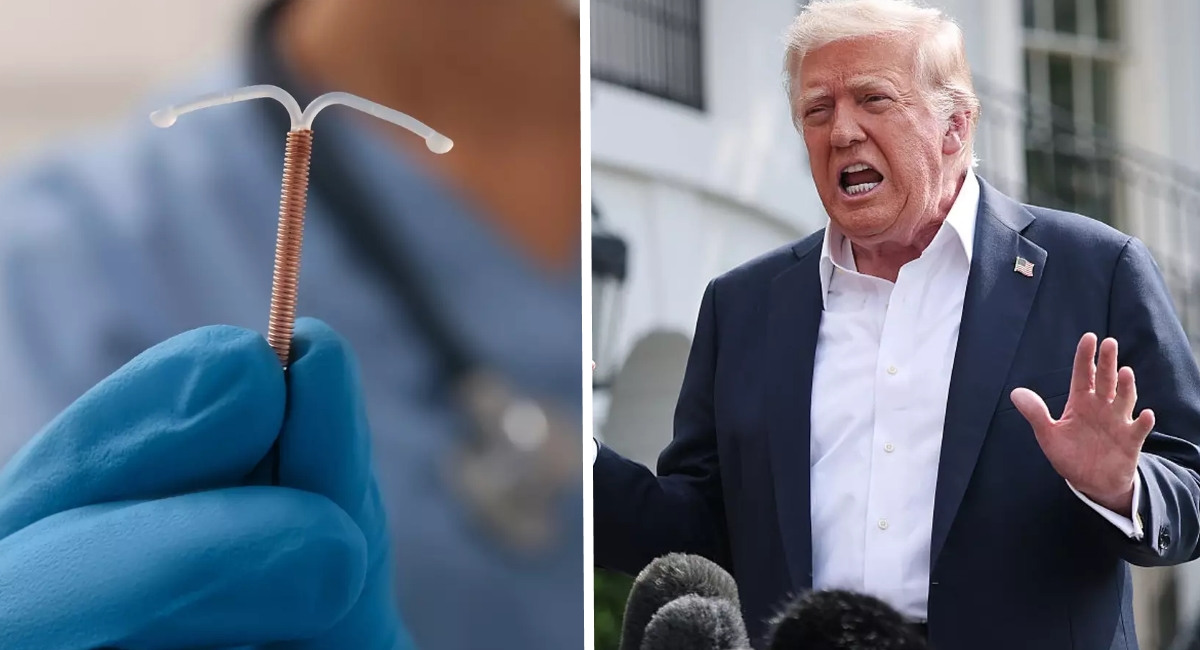The Trump administration has opted to **incinerate nearly $9.7 million worth of contraceptives**—including IUDs, birth control implants, and pills—rather than distribute them as aid to women in low-income countries. Despite having years of usable shelf life and strong demand overseas, the supplies are set to be burned, despite global health organizations offering to transport and distribute them at no cost according to The Guardian reporting and reinforced by **Al Jazeera’s confirmation** Al Jazeera’s coverage.
Stores housing these supplies, located in **Belgium and France**, recently received diplomatic overtures from local governments—who tried to negotiate alternative distribution—but were rebuffed by the State Department. The agency cited the reinstated **Mexico City policy**, which bars U.S. aid from reaching any organization linked to abortion services—even indirectly as reported by The Independent and explained under **international law frameworks** in legal context summaries.

A spokesperson confirmed that destroying the contraceptives will cost taxpayers an additional **$167,000**, even though many of the devices carry expiration dates extending into **2027 or later**. The decision comes amid sweeping cuts to **USAID**, which was dismantled under recent foreign aid restructuring—replacing hundreds of humanitarian programs with a new agency under State Department control for broader context on USAID cuts and analysis in **Axios** about the policy shifts.
International health groups such as **IPPF**, **MSI Reproductive Choices**, and **Countdown 2030 Europe** have strongly protested, calling the policy “ideologically driven” and “a direct assault on women’s health.” They warned that these supplies could have served millions—protecting against unintended pregnancies, unsafe abortions, and maternal deaths as IPPF leadership emphasized and documented by **Truthout reporting** on aid group offers being rejected.
“They’re choosing waste and ideology over human rights and care,” senior rights advocate declared.
In addition to birth control, similar U.S.-owned **food aid, vaccines, and HIV prevention supplies** have also been destroyed or left to expire. Experts warn this pattern isn’t isolated—it aligns with a broader rollback of reproductive and global health assistance under Trump’s executive directives as documented by The Washington Post and **time‑sensitive warnings** from MSI leaders who say stockpiles could still be salvaged per The Independent breakthrough.

Belgian officials emphasized their concern as well—protesting that the destruction defied available options. France and Belgium had both offered support to ship and redistribute the contraceptives to crisis-affected regions but were repeatedly turned away The Independent diplomatic outreach review and **Vogue’s timeline of rejection offers** about international proposals denied.
On Capitol Hill, lawmakers such as Senators **Jeanne Shaheen** and **Brian Schatz** introduced legislation to block the destruction of contraceptives and related medical aid—but political opposition and partisan gridlock make its passage uncertain Senate efforts covered and **AP News’ multi-state lawsuit overview** on reproductive funding cuts on litigation launched.
Health experts caution that this decision may imperil efforts to **prevent maternal deaths**, particularly in regions with high fertility rates and scarce access to healthcare. MSI estimates that the contraceptives could have fulfilled Senegal’s contraceptive needs for **three years**, and likely saved lives by supporting family planning access in fragile environments Guardian insights on country impact.
The incineration order is scheduled by month’s end—before geopolitical pressure intensifies. Humanitarian advocates argue that destroying usable, taxpayer‑funded medical supplies in the middle of a reproductive health crisis is not only wasteful—but morally indefensible. They maintain the decision is emblematic of a government prioritizing ideology over care.






